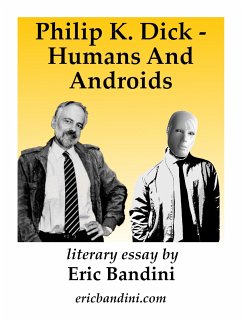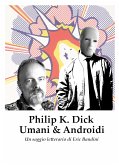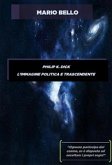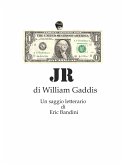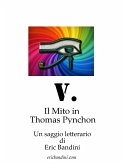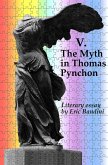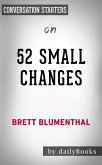Science fiction reaches its limits when the human and the fantastic are mutually confirmed in concept and thought, which are the same thing and the thing itself. Androids, by extension and concept, belong to the human as much as the possibility of the reciprocal. The function of thought forges itself as a device for its own concepts. The android is inherent in the human; the world-universe has, in thought, an inevitably anthropocentric conformation. In the vast production of Philip K. Dick automatisms and simulacra necessarily lead the reflection of thought to a struggle of rationality that imposes itself on the individual as an absolute power. In this struggle, the possibility/need for an elsewhere is a void that is filled with the mystical as well as the fantastic. In this essay (Philip K. Dick - Humans And Androids [first published in Italian version: Philip K. Dick - Umani e androidi - Eric Bandini © 2017]) are mentioned some of the many works written by Philip K. Dick in reference to the relationship Humans And Androids, but in particular there is a fairly detailed reference about the novel "The Man In The High Castle" in which, otherwise, and in other manners, the droid used as a device-paradigm is the ancient Chinese system of divination called I-Ching. The literary operation that Philp K. Dick puts in place in this novel seems to have a "negative" counterpart in Franz Kafka's novel "The Castle", specifying that in that work of Kafka, none of the characters goes up to the Castle, no one can enter; the reason is implicit in the concept: the Castle is the very structure of thought that no one can inhabit. This automatism is our own thinking, this myth is the present that is filled with our decisions, droids, androids, simulacra... Humans And Androids, after all....
Bitte wählen Sie Ihr Anliegen aus.
Rechnungen
Retourenschein anfordern
Bestellstatus
Storno

